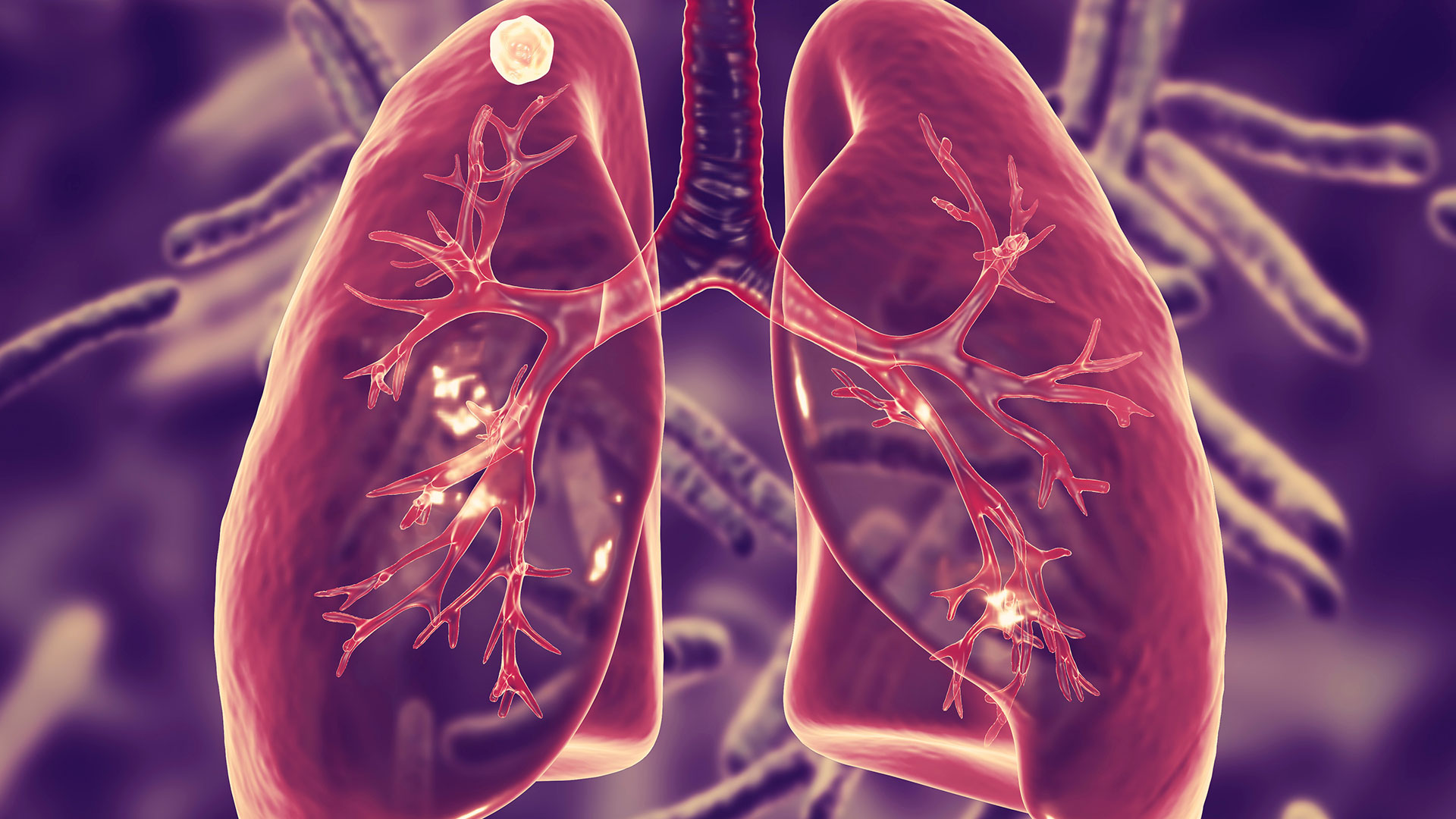New Delhi: In a significant move towards eliminating tuberculosis (TB) in India by 2025, five years ahead of the global target, the Union Ministry of Health & Family Welfare has approved the introduction of the BPaLM regimen—a groundbreaking treatment for Multi-Drug-Resistant Tuberculosis (MDR-TB). This innovative regimen, introduced under the National TB Elimination Program (NTEP), offers a shorter and more effective treatment option for the country’s 75,000 drug-resistant TB patients.
The BPaLM regimen combines four drugs: Bedaquiline, Pretomanid, Linezolid, and Moxifloxacin. Pretomanid, a key component of this combination, has been licensed for use in India by the Central Drugs Standard Control Organization (CDSCO) and is expected to significantly enhance the country’s fight against MDR-TB. The regimen provides a highly effective and safe alternative to traditional treatments, reducing the treatment duration from up to 20 months to just six months, with fewer side effects and a higher success rate.
Health experts have validated the new treatment through a thorough review, and a Health Technology Assessment confirmed that the BPaLM regimen is not only safe but also cost-effective, ensuring better outcomes for patients and healthcare systems.
The Government of India’s decision to introduce the BPaLM regimen aligns with Prime Minister Narendra Modi’s vision to rid the country of TB by 2025. This ambitious target comes well ahead of the global goal set under the Sustainable Development Goals (SDGs). By rolling out this new treatment, the government aims to accelerate progress toward ending TB nationwide.
A country-wide, time-bound rollout plan for the BPaLM regimen is being developed by the Central TB Division in consultation with state and union territories (UTs). The plan includes extensive training and capacity building for healthcare professionals to ensure the safe and effective administration of the new treatment across the country.





